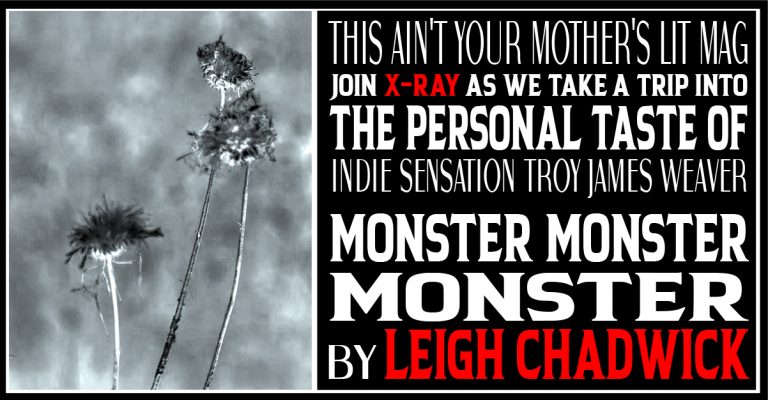
MONSTER MONSTER MONSTER by Leigh Chadwick
What your therapist doesn’t realize, you want to tell him, is that any length of loneliness is too long.

What your therapist doesn’t realize, you want to tell him, is that any length of loneliness is too long.

A gust of wind blows me forward. The storm follows me in through the door. The snow swirls at my feet. I laugh like a madman as I slip on the slick tiles.
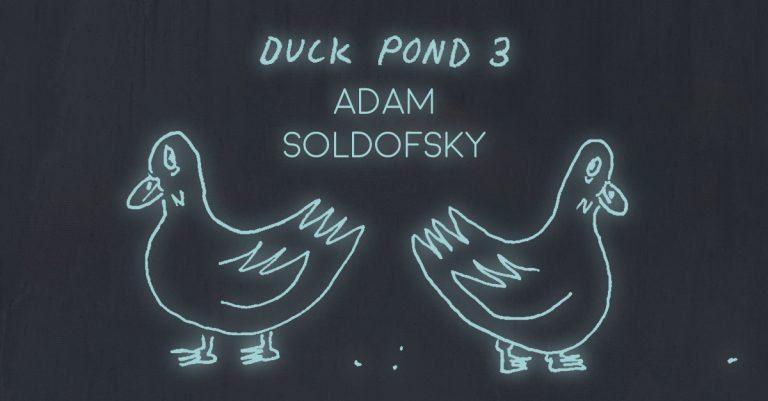

I am lost in a sky of turbulence and haze—and to be lost is to never be home. Today is the first day of the year; it is also the first year you are not around.
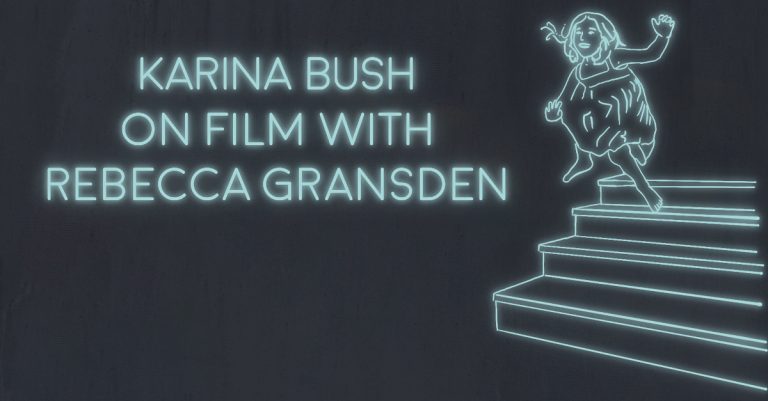
One of my earliest memories is of jumping down all the stairs at once but it must’ve been a dream.
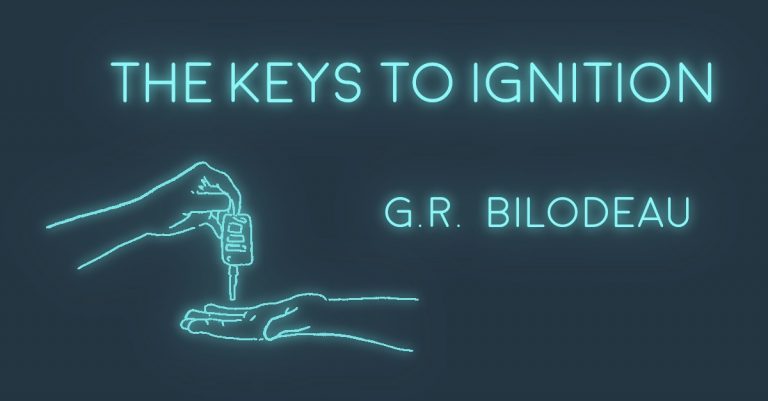
I gripped a dirty pint. Sometimes I hold a glass and feel the urge to grip it till it breaks. This was one of those times.

The sixth psychiatrist was a young guy with tattoos and piercings and scruffy hair dyed the color of an Irish setter.


I have used meter-long glass tubes to settle debts twice both times swiped from the quote unquote office both times drew blood one time got my money back
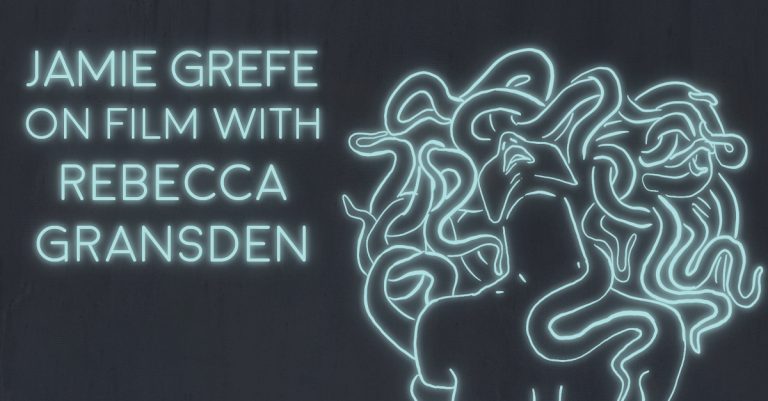
I grew up surrounded by woods, fields, an old mill, a Lutheran church, a cemetery just down the road, a local “party store” in the other direction, and farmland for miles and miles. It was glorious, really. And thank God for that party store.
